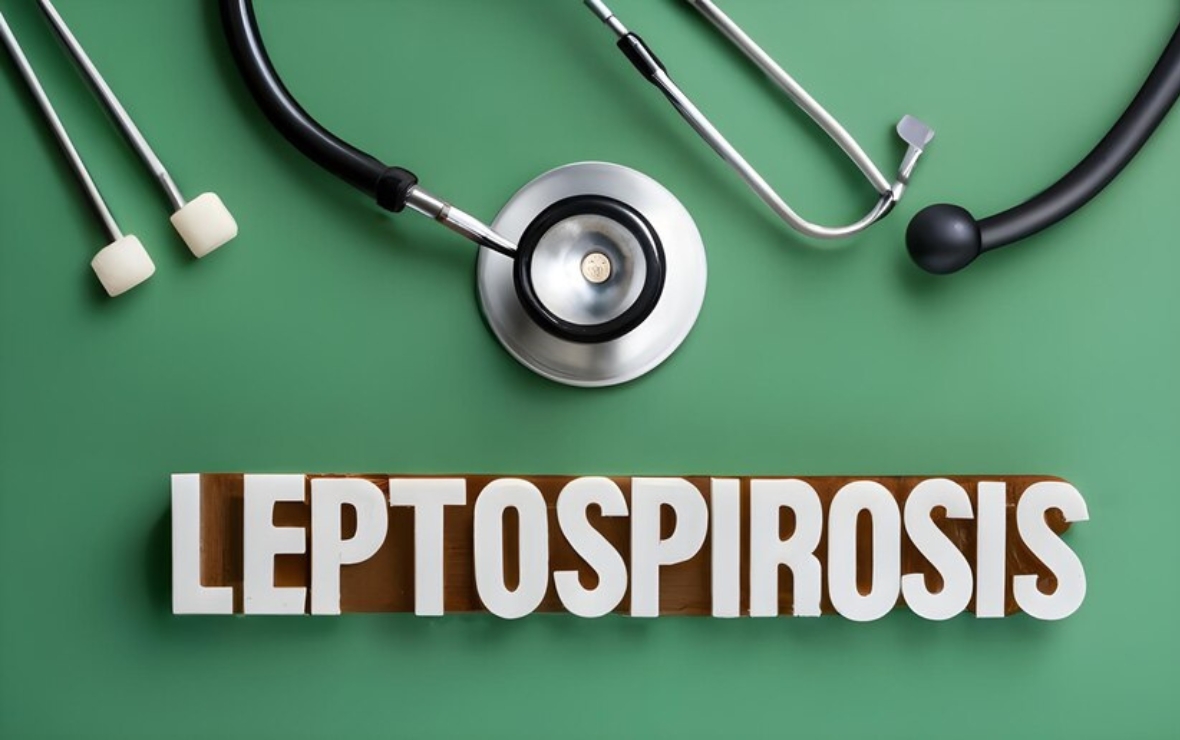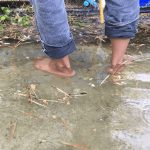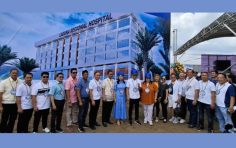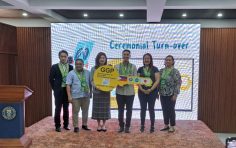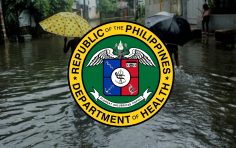A little over two weeks after Typhoon Carina and an enhanced Southwest monsoon (Habagat) caused flooding in several areas nationwide, the Department of Health (DOH) has been navigating Leptospirosis patients in Metro Manila to available beds via the DOH Lepto Referral Lines (02) 8531-0037 and (0920) 283-2758.
The most recent epidemiologic data recorded 255 new Leptospirosis cases from July 21 to August 3. This is 17% higher than the 217 cases recorded in the previous weeks before (July 7 to 20). Since the start of 2024 until August 3, the total number of recorded Leptospirosis cases nationwide is now 2,115. It may be lower by 23% compared to 2,757 cases reported in the same period last year, but DOH epidemiologists continue to be cautious in interpreting trends as there may be late reports. Also, the incubation period of Leptospirosis ranges from 2 to 30 days, with a clinically observed average of 7-14 days. Two hundred and twenty-four (224) deaths have also been recorded for the same time period this year.
“The surge in Leptospirosis cases is not a communication problem, it’s a behavior problem. We need a change in behavior. I’d like to discuss with the Department of Education how to teach children early on that they should not swim in flood waters. I’d also like to discuss with the Metropolitan Manila Development Authority how to improve solid waste management, because rats live in garbage and rats are the reason for Leptospirosis,” said Health Secretary Teodoro J. Herbosa.
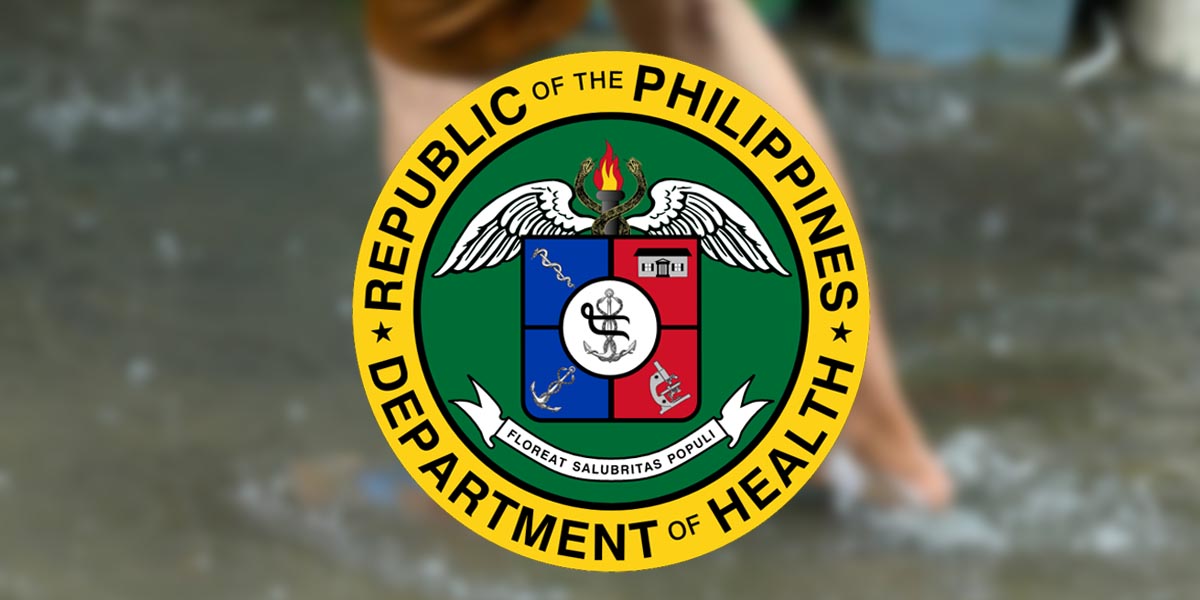
The DOH continues to advise that antibiotic prophylaxis against Leptospirosis is widely available by prescription. The price freeze for Doxycycline stays until September 23, and there are free capsules nationwide at government health centers and hospitals. Those who had contact with flood waters should not wait for symptoms to appear. Consult a doctor or health center immediately.

